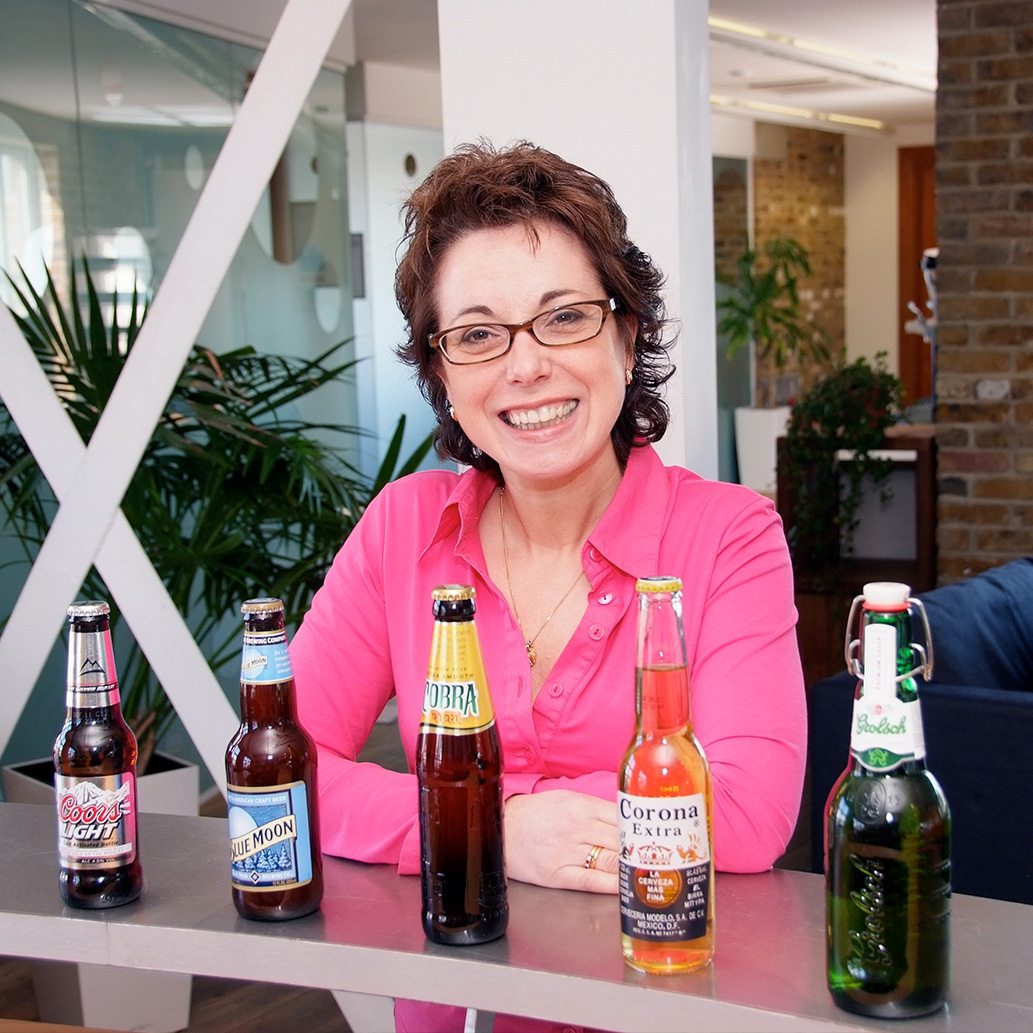
University of Cambridge – Human Resources DivisionSalary: £41,671 to £55,755 per annum
University of Oxford – Harris Manchester CollegeSalary: £28,889 to £33,453 (FTE equivalent: £48,149–£55,755), inc. Oxford University weighting of £900 (FTE equivalent: £1,500)